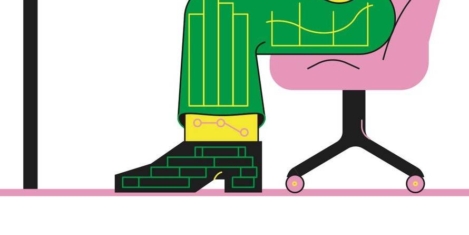March 26, 2019
Majority of UK business leaders believe costs and red tape will rise after Brexit
 Over half (58 percent) of UK business leaders expect costs to rise after Brexit, even if a deal is struck and just over a third (38 percent) believe that access to local business funding and grants will also become more challenging post-Brexit, claims a new survey from Vistage. Respondents were also sceptical about the so-called ‘bonfire of red-tape’ which was a key part of the Leave campaign’s manifesto. Thirty-eight per cent believe bureaucracy will become more of a hurdle post-Brexit, versus just 17 percent who believe a deal with the EU will lead to fewer regulations and less red-tape.
Over half (58 percent) of UK business leaders expect costs to rise after Brexit, even if a deal is struck and just over a third (38 percent) believe that access to local business funding and grants will also become more challenging post-Brexit, claims a new survey from Vistage. Respondents were also sceptical about the so-called ‘bonfire of red-tape’ which was a key part of the Leave campaign’s manifesto. Thirty-eight per cent believe bureaucracy will become more of a hurdle post-Brexit, versus just 17 percent who believe a deal with the EU will lead to fewer regulations and less red-tape.




































March 21, 2019
Interiors are not enough to win the war for talent
by Ben Capper • Comment, Workplace design